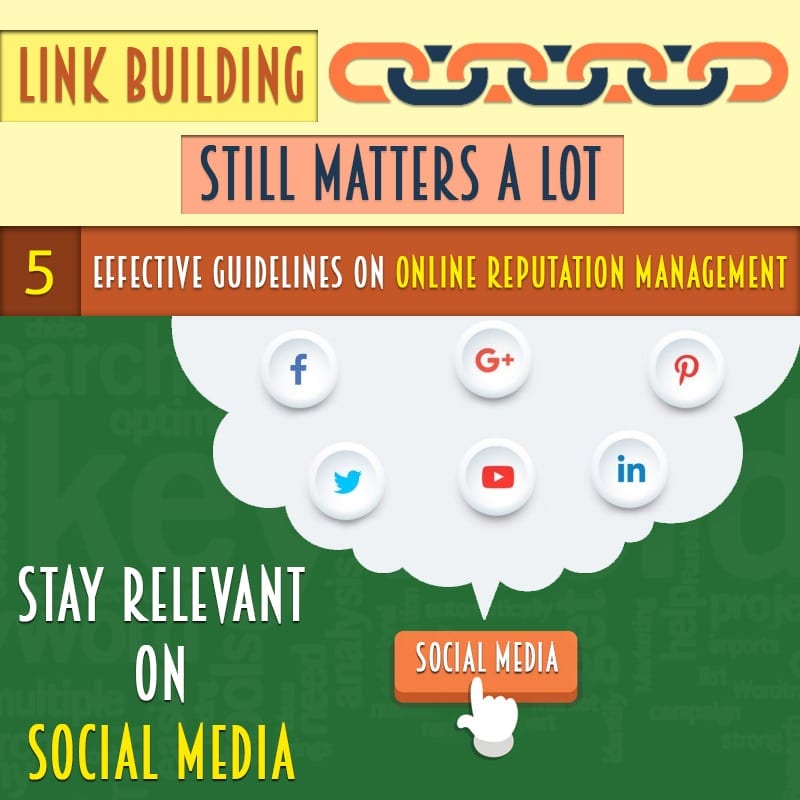 Though the world of trade and commerce has evolved tremendously since the advent of the Internet, there are some aspects related to your business that haven’t changed and aren’t likely to change either. For instance, brick- and-mortar businesses always had a reputation to safeguard (and they still do). If you were honest and sincere in offering the quality product to your customers, then you could’ve taken it for granted that your business would prosper.
Though the world of trade and commerce has evolved tremendously since the advent of the Internet, there are some aspects related to your business that haven’t changed and aren’t likely to change either. For instance, brick- and-mortar businesses always had a reputation to safeguard (and they still do). If you were honest and sincere in offering the quality product to your customers, then you could’ve taken it for granted that your business would prosper.
On the other hand, an awful customer experience could spread like wildfire through word-of-mouth publicity adversely affecting your business’s growth prospects. If your business has an online presence (a website that is), being circumspect about your brand’s online reputation is now all the more critical. Customers now have access to complete info about your product or service than they ever had.
Additionally, they’re in a position to share their views and experiences (regarding your brand) almost instantaneously with others across all the online platforms. So, it’s time you updated your site as well as the SEO strategy and kept yourself in the loop regarding the below-mentioned hacks on online reputation management.
1. Update your site periodically and stay relevant on social media
In the digital realm, nothing is more dynamic than the world of websites. The worldwide popularity of handheld digital devices, particularly smartphones, has compelled Google to continually keep refreshing its SEO algorithms. That, in essence, implies that the familiar parameters or yardsticks which enabled your site to garner a good rank on Google’s SERPs have changed and are perpetually in a state of flux.
Keep yourself in the know about the world’s most admired search engine’s latest algorithmic updates. Refresh and update your website in accordance with the current ranking parameters if you wish your site to go further up in the search results pages. Try to realize what worked in favor of your portal is no longer relevant today.
For instance, Google’s search results algorithms, now require you to create longer blog posts and articles (a 1500 or 2000-word article instead of 500-word ones) than what you turned out two years ago. Then again, you need to temper your SEO content with keywords comprising of multiple words instead of the usual 3-4 worded phrases that almost everybody chases. Post engaging and relevant content that appropriately positions your brand as well as communicates with the users or consumers.
2. Be in the know about what’s being said about your product or service
Keeping yourself posted about what is being said about your brand is a useful online reputation management tip. These days, users of your product or service have easy access to numerous automated social media platforms. If you maintain a Facebook, Twitter or LinkedIn profile, check out the feedbacks or testimonials posted by customers about your brand on these platforms.
3. Be active in online forums and communities
Be on the lookout for online communities, forums, and sites relevant to the business sector you’re engaged in. Make it a point to participate actively in a chat session where you offer you ideas and opinions, like providing tips on how to make better use of your brand. You can also write guest blogs or posts regularly to make your presence felt.
4. Link building still matters a lot
Focus on engaging with other business organizations and entrepreneurs so that they feel encouraged to add a link (to your site) on their own sites. That doesn’t mean you should resort to buying links. If you do, you’ll be flagged down by Google. Concentrate on building good quality links.
5. Create a whitepaper and post the same
Surely you’re an authority in your business area and also have several years of experience. Take your time to develop a well-researched and informative whitepaper on a current topic or subject-matter trending in your field and post the same to a popular site.
